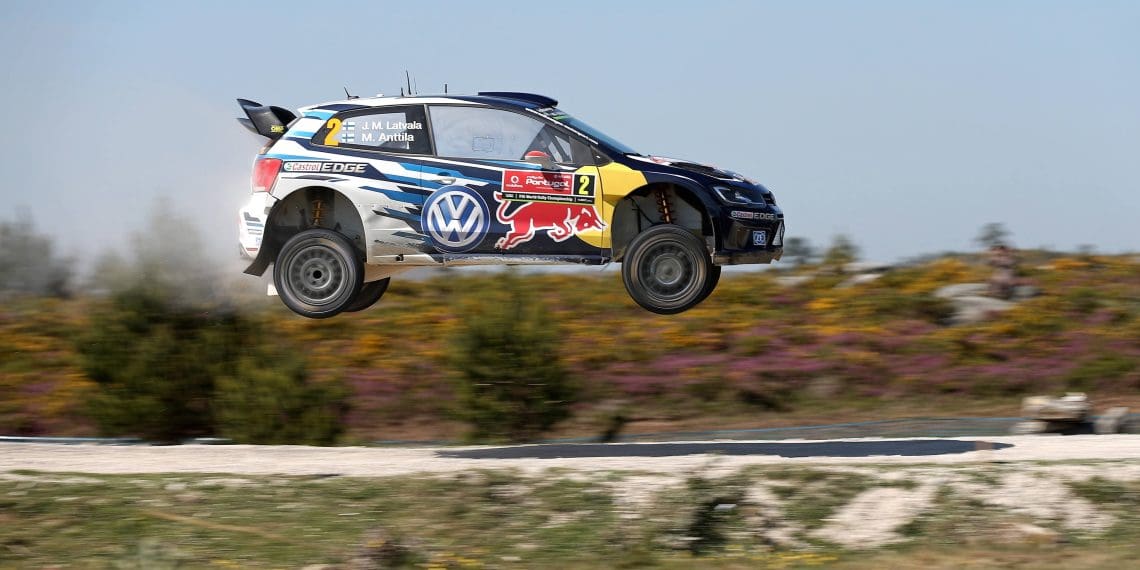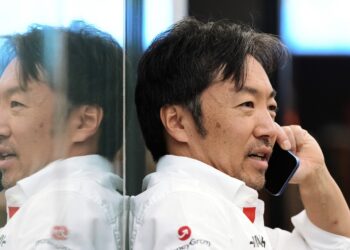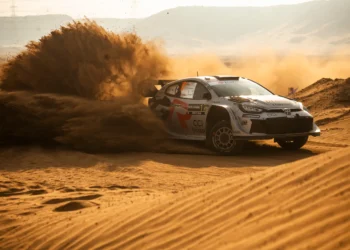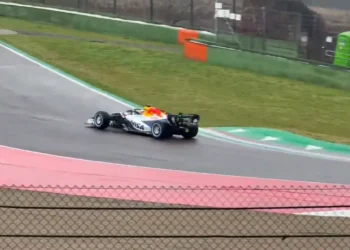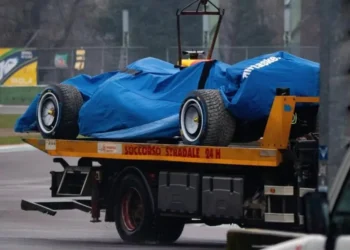When Volkswagen announced its entry into the World Rally Championship (WRC) in 2011, few could have predicted the seismic impact the German automaker would have on the sport. With Sebastien Ogier leading the charge and an engineering team led by visionaries like Jost Capito and Sven Smeets, VW didn’t just join the WRC—they rewrote its history.
Over its four-year stint, VW claimed an astounding four consecutive drivers’ and manufacturers’ titles (2013–2016) and secured victory in all but eight of the rallies it entered. But what made Volkswagen’s operation so formidable? The answer lies not just in the engineering brilliance of the Polo R WRC but in the team culture and meticulous planning that underpinned its dominance.
“The Early Blueprint: From Rumor to Reality”
Volkswagen’s WRC journey officially began in Sardinia, 2011, with the announcement of their 2013 debut. Speculation had been rife that VW would pivot from its successful Dakar program—having won three consecutive titles with the Touareg—to the high-stakes arena of rallying. The move wasn’t without skepticism; after all, jumping from desert endurance to the intricate world of rally stages seemed ambitious.
However, Volkswagen had a secret weapon: Sebastien Ogier, the rising French star who shocked many by leaving Citroën, despite their dominance. Ogier’s confidence in VW’s project was so strong that he was willing to forgo competing in 2012, instead spending the year testing the Polo R WRC while keeping sharp behind the wheel of a Škoda Fabia S2000.
“A Team Built for Success”
What set Volkswagen apart wasn’t just the car—it was the people. From engineers and mechanics to team management, VW fostered a collaborative environment that ensured every cog in the machine worked in harmony.
Former engineer Richard Browne, who joined Volkswagen in 2013, recalls the inclusive culture:
“It was management-light. Everyone’s voice mattered. Whether you were a mechanic or an engineer, your suggestions were heard, and changes were made if they improved the team.”
This open-door policy extended to leaders like Jost Capito, whose office was both figuratively and literally accessible. Engineers were encouraged to push boundaries, and mechanics played a pivotal role in optimizing car performance.
“The Magic of the Polo R WRC”
The Polo R WRC was not just a rally car; it was a masterpiece of engineering. As Kris Meeke once said,
“Volkswagen rewrote the rulebook in terms of how you build a rally car.”
From the outset, the Polo’s pace was undeniable. Ogier clocked the fastest time on its very first competitive stage, silencing doubters. The car combined raw speed with reliability—traits that proved essential in securing four consecutive titles. Even when FIA regulations forced Ogier to “sweep” gravel stages in 2015, the Polo remained untouchable.
“Culture Over Budget”
While critics often attributed VW’s success to its budget, insiders like Browne dismiss this notion:
“There were teams with bigger budgets, but it was the culture and structure that made the difference.”
The working environment at Volkswagen was a stark contrast to rivals like Hyundai, where leadership turmoil in 2022 hampered progress. At VW, stability was key. From 2013 to 2016, most of the team—engineers, mechanics, and even back-office staff—remained unchanged, fostering a sense of unity and purpose.
“Drivers Who Made the Difference”
Volkswagen’s success wasn’t just about Ogier, though his dominance was unparalleled. The team also nurtured talents like Andreas Mikkelsen, who claimed three rally victories during VW’s tenure. Mikkelsen’s triumph in Rally Poland 2016—often overshadowed by Ott Tänak’s late puncture—was a testament to his skill and the team’s adaptability. As Browne recalls,
“We made a big setup change for ground clearance, which saved us from the same fate as Tänak.”
“Lessons from the Legacy”
Volkswagen’s WRC dominance ended abruptly in 2016, following the Dieselgate scandal that forced the company to cut its motorsport programs. However, its legacy endures. The team’s approach to engineering, culture, and collaboration remains a benchmark in rallying.
As Browne aptly puts it:
“It wasn’t just about winning. It was about how we won—together as a team. Those four years weren’t just the best for Volkswagen Motorsport; they were the best years for many of us.”
“What’s Next?”
Volkswagen’s impact on the WRC extended far beyond its record-breaking stats. It raised the bar for what a rally program could achieve, blending cutting-edge technology with a team-first ethos. As the sport evolves, VW’s blueprint serves as a reminder that success isn’t just about fast cars; it’s about the people driving the effort behind the scenes.
Meta Description for SEO:
“Explore the secrets behind Volkswagen’s WRC dominance from 2013–2016. Discover how the Polo R WRC, Sebastien Ogier, and a unique team culture rewrote rally history.”

